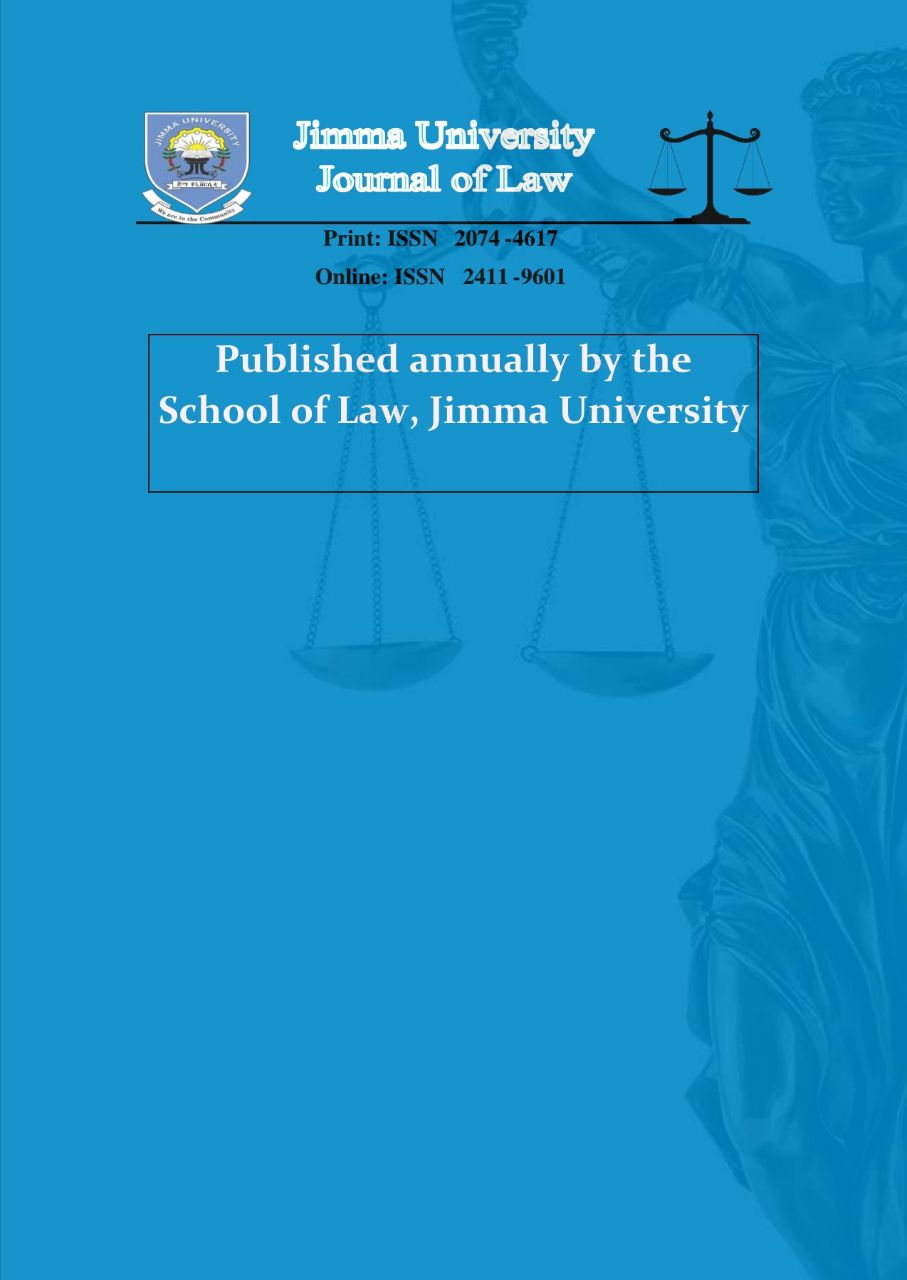Substantive Scope of the Duty to Notify and Consult planned Measures under International Watercourse Law: The Case of Grand Ethiopian Renaissance Dam (GERD)
Abstract
There exist uncertainties about the essence and substantive scope of riparian states’ duty on planned measures under international watercourse law. Absence of an all-inclusive legal and institutional framework to regulate the duty, even more, complicate the issue in the Nile river basin. Since 2011, Ethiopia and Egypt have been in dispute over the construction of the Grand Ethiopian Renaissance Dam (GERD). The controversies over Ethiopia's duty to cooperate, inform and consult about GERD are among the heart of the dispute. This article examines the substantive scope of the riparian duty to inform on planned measures in the context of GERD. After an analysis of relevant literature, international watercourse law, and the practice of Egypt and Sudan, the article argues that Ethiopia has no treaty obligation to inform its projects to other riparian states. The practices of Egypt and Sudan also affirm the prevalence of unilateral measures on planned projects. Finally, the article suggests the establishment of the legal and institutional framework is of utmost importance to settle riparian states' duty of planned measure in the Nile basin.




